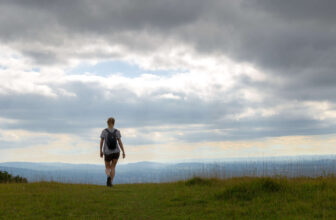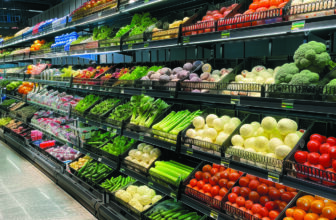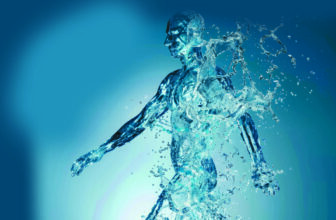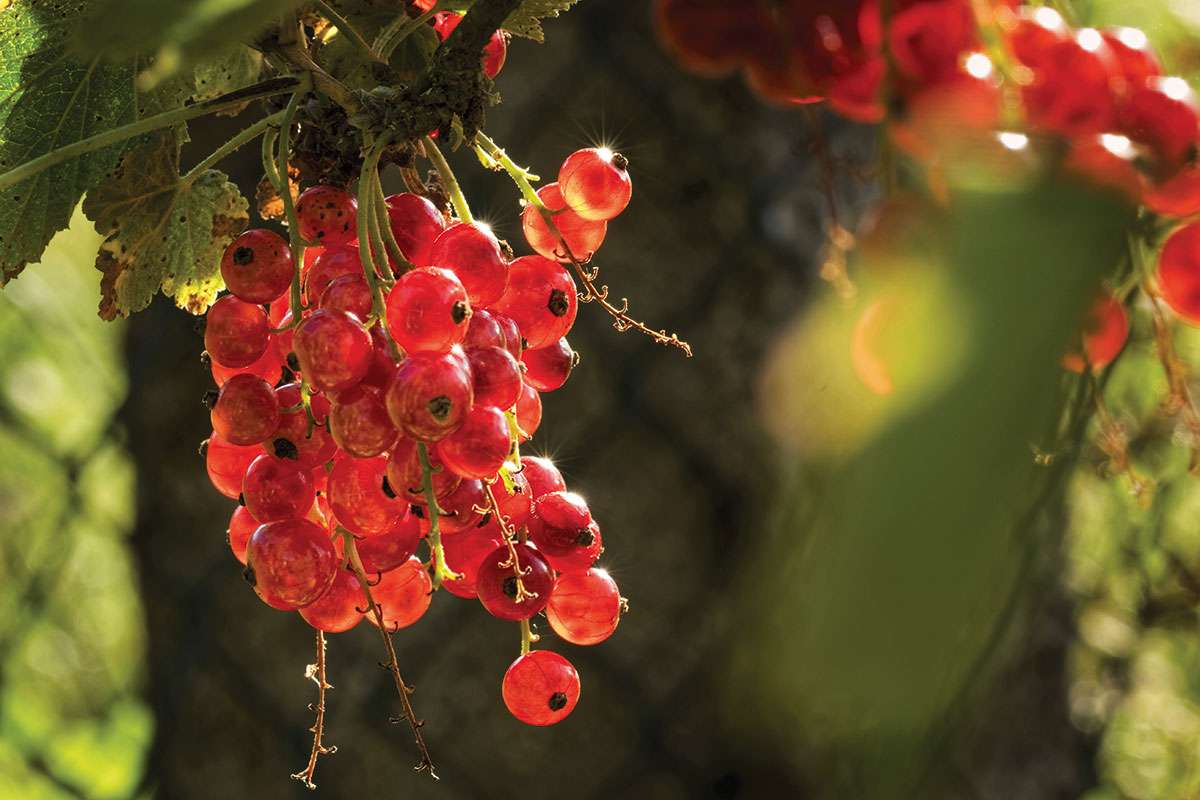
As I write this I am sitting under beautiful blue skies with wall to wall sunshine. There is no sound apart from the birds and the odd leaf that falls to the ground. No traffic noise or planes overhead and occasionally there is the sound of a child playing in the distance. I’m in a game park in Limpopo province, South Africa and as the sun warms my skin I begin to think about the amazing conversion process that I like to think of as the sunshine energy relay race.
Cast your mind back to biology classes at school when you were taught about photosynthesis in plants. Plants absorb sunlight, and through the process known as photosynthesis, they convert the sunlight into glucose and oxygen. If we look a little deeper it is actually photons of light that are embedded in organic compounds which then become our food. When we eat plants i.e. vegetables & fruit, that sunlight energy is being removed from our food in the form of high energy electrons. This all happens within our cells. To be precise, it happens in our mitochondria. Mitochondria are the ‘batteries’ within our cells which produce energy.
The conversion process within the mitochondria is too complex to go into here but in a very simplistic way sunshine is converted within plants, which we then eat and our mitochondria turn that sunlight energy into energy for us. It’s an incredible thought that the trillions of mitochondria in our bodies are pumping us full of sunlight energy every single second! Pushing the envelope a bit further, could we therefore say that plant foods are full of light and when we eat them that we become full of light? It’s a well known fact that people who undertake long juice fasts or who eat a high raw plant based diet speak of a mental clarity that they have never known and a heightened sense of spiritual awareness. In contrast, foods which are highly refined and processed contain minimal or no sunlight energy. A diet based on these foods often leads to brain fog and confused thinking. Could we then say that these are ‘dark’ foods? Just a thought!
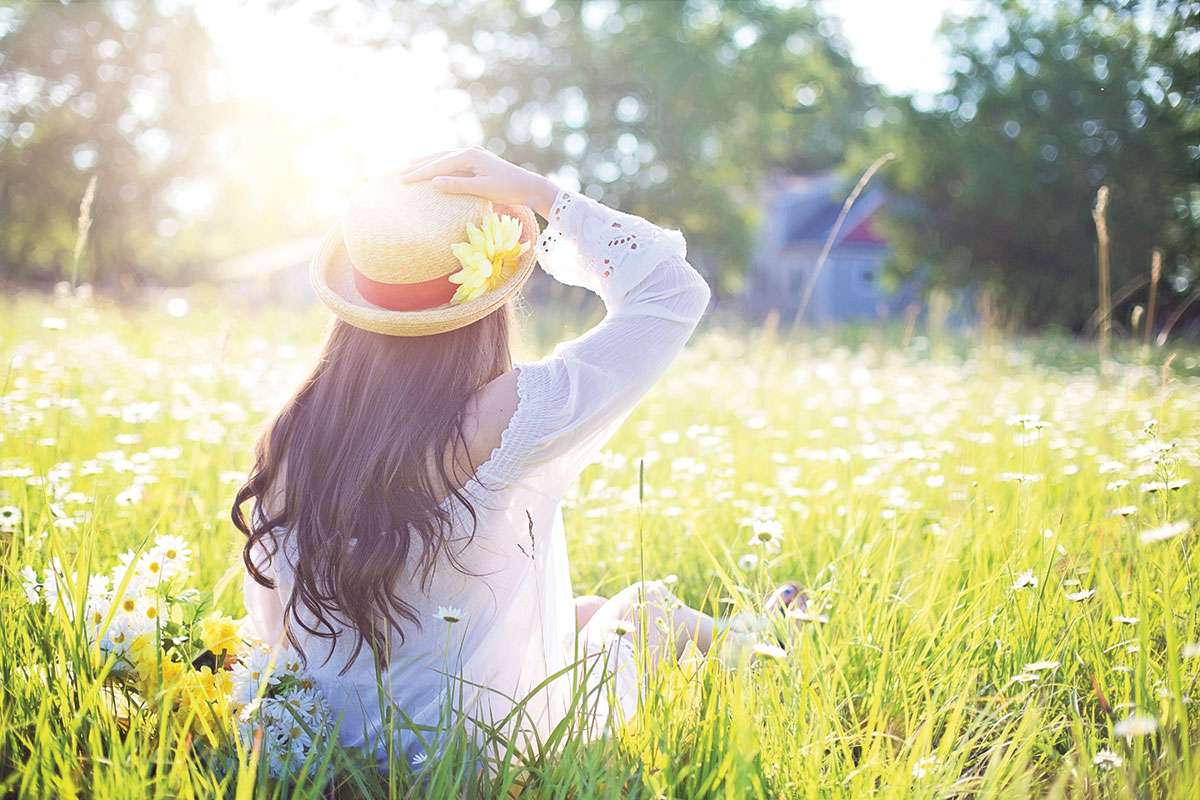
When we sit in the sunshine, our bodies turn the sunlight into Vitamin D, also known as the sunshine vitamin. Vitamin D is not strictly a vitamin however and is actually a hormone. It is vital for maintaining the calcium balance in our body. If exposure to sunlight is minimal then vitamin D can be obtained from a few dietary sources. The richest source is oily fish (sardines, mackerel, anchovies, salmon, herrings) with liver, eggs and butter only providing modest amounts. Vitamin D is a fat soluble vitamin meaning that it is absorbed with the help of fat. People on very low fat diets or who have coeliac disease may have problems in absorbing the vitamin. There is little storage of vitamin D in the body which is why it’s vitally important to get out in the sunshine as much as possible.
10 mins sun exposure without any sunscreen, on as much of the body as possible will keep vitamin D at a good level.
Here in the UK, we have marked seasonal variations in vitamin D levels in the body, with the highest at the end of summer and lowest at the end of winter. Even on bright sunny winter days the sun isn’t high enough above the horizon for UV radiation at the appropriate wavelength to produce vitamin D.
Taking vitamin D is effective for prevention and treatment of rickets and osteomalacia, and deficiency is also linked to an increased risk of falls in the elderly. Evidence also suggests that vitamin D is excellent for autoimmune diseases such as Multiple Sclerosis and Irritable Bowel Disease (Crohn’s disease & Ulcerative Colitis) due to its regulation of certain immune cells. Evidence also now shows that taking vitamin K2 alongside vitamin D3 is beneficial, particularly for bone health in postmenopausal women.
With summer holidays and sunny days approaching, get your vitamin D levels topped up before the long winter months set in once again!
NB. Please always consult a professional before taking supplements, particularly if you are on medication or other supplements as there can be interactions between them.
For a fully referenced pdf version of this article please email me. For further advice on health problems or to book a dietary health check please contact me: sue@thegenuinelivingcompany.com



